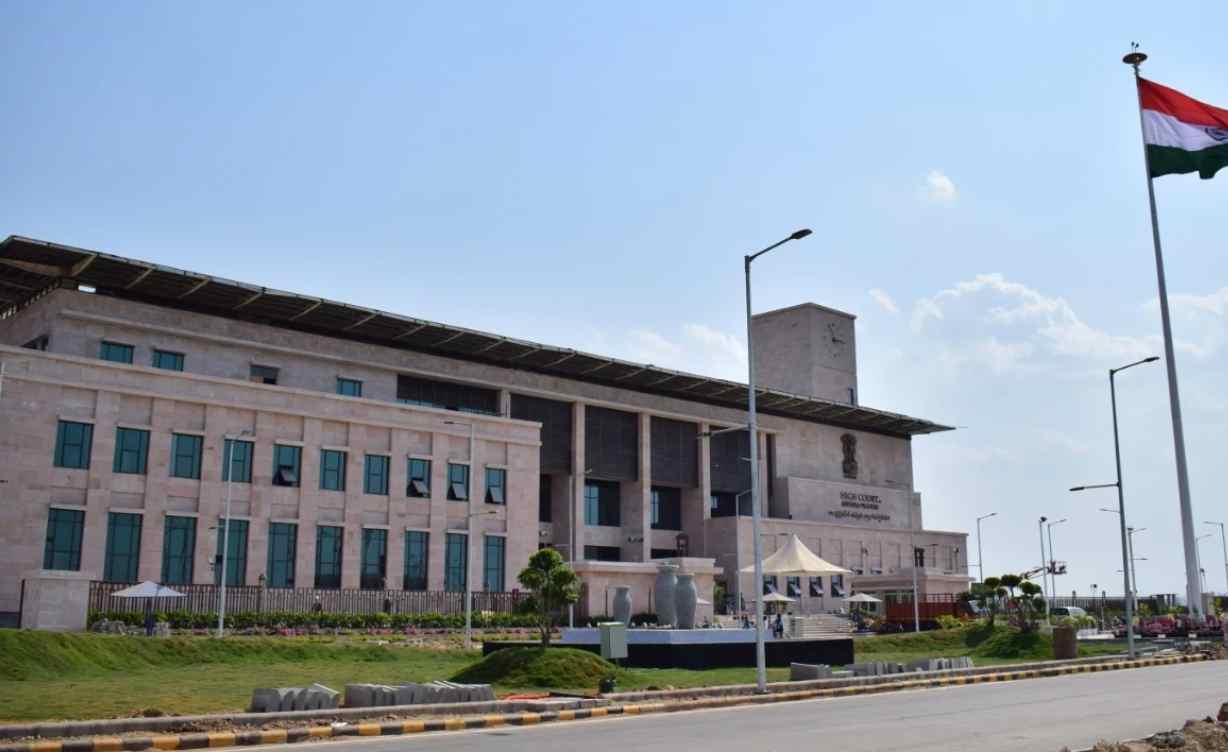Andhra Pradesh High Court Recognizes Transwoman’s Right to Protection Under Section 498-A IPC in Dowry Harassment Case
The Andhra Pradesh High Court has affirmed that a transwoman, being in a heterosexual marital relationship, is legally entitled to file a complaint under Section 498-A IPC, thereby reinforcing her right to protection against cruelty by husband or his relatives.
The decision was pronounced by Justice Venkata Jyothirmai Pratapa while adjudicating Criminal Petition Nos. 6783, 7064, and 6830 of 2022, filed under Section 482 CrPC for quashing the criminal proceedings arising out of C.C. No. 585 of 2022 pending before the II Additional Munsif Magistrate, Ongole.
The petitioners (Accused Nos. 1 to 4) sought to quash the FIR lodged by the respondent, a transwoman, alleging cruelty and dowry harassment under Section 498-A read with 34 IPC and Section 4 of the Dowry Prohibition Act, 1961.
Transwoman’s Right Under Section 498-A IPC: HC Rejects Discrimination
The High Court made it explicitly clear that denying a transwoman the status of a “woman” for the purposes of Section 498-A IPC merely on the basis of reproductive anatomy violates Articles 14, 15, and 21 of the Constitution of India.
“To deny a transwoman the status of a ‘woman’ under Section 498-A IPC solely due to her reproductive capacity is to perpetuate discrimination,” the Court observed.
The Court emphasized that a transwoman, being part of a heterosexual marriage, cannot be excluded from the protection of penal laws enacted to safeguard women against domestic cruelty.
Factual Matrix: Relationship, Marriage & Alleged Harassment
The complainant, assigned male at birth, transitioned and began identifying as a female. During her stay in Chennai, she developed a romantic relationship with the main accused (husband), who was fully aware of her transgender identity.
Despite familial objections, the couple entered into a Memorandum of Understanding in 2019 and married at Arya Samaj, in accordance with Hindu rites and customs. At the time of marriage, it is alleged that the respondent’s parents gave ₹10 lakhs as dowry, along with 25 sovereigns of gold, silver, and household articles worth over ₹2 lakhs.
However, shortly after the marriage, the husband reportedly left her and returned to his parental home. Subsequent attempts to contact him were unsuccessful, and the respondent claimed to have received threatening and vulgar messages, compelling her to lodge a police complaint.
Court’s Observation: No Prima Facie Case Against Accused Nos. 2 to 4
While upholding the right of the transwoman to file a complaint, the Court simultaneously examined the allegations against the co-accused.
The Bench found that:
- No prima facie evidence existed against Accused Nos. 2 and 3 under either Section 498-A IPC or Section 4 of the DP Act.
- The allegations against Accused No. 4 were vague and omnibus, lacking material evidence linking him to the alleged offences.
“Bald allegations without supporting material are not sufficient to continue criminal proceedings. Such continuance would be an abuse of process of law,”
the Court ruled.
Final Verdict: Proceedings Quashed for Lack of Prima Facie Case
The High Court, while recognizing transwoman protection under Section 498-A IPC, proceeded to quash the proceedings against Accused Nos. 1 to 4 under its inherent powers under Section 482 CrPC, citing lack of sufficient evidence and abuse of legal process.
Affirmation of Trans Rights in Matrimonial Law
This judgment is a significant step forward in legal recognition of trans rights within the Indian matrimonial and criminal law framework. The Andhra Pradesh High Court has reinforced that gender identity cannot be a basis for exclusion from statutory protections under Section 498-A IPC.
The case reaffirms that transwomen, when married in a heterosexual union, are entitled to equal protection of law, thereby setting a progressive precedent in the evolving jurisprudence of gender rights in India.
Case Details:
- Case Title: Viswanathan Krishna Murthy v. The State of Andhra Pradesh & Anr.
- Case Numbers: Criminal Petition Nos. 6783, 7064, and 6830 of 2022
- Court: High Court of Andhra Pradesh
- Bench: Justice Venkata Jyothirmai Pratapa
- Date of Judgment: 24 June 2025
- Advocates: Thandava Yogesh for Petitioners; APP K. Priyanka Lakshmi for Respondent
Follow The Legal QnA For More Updates…















